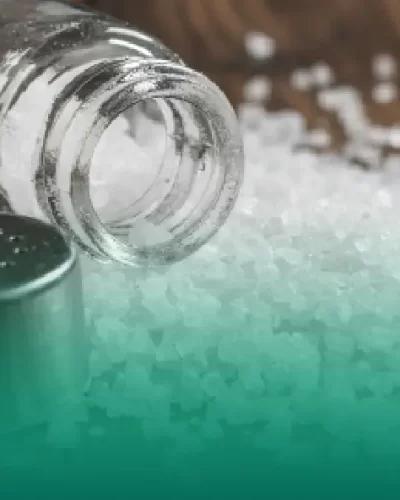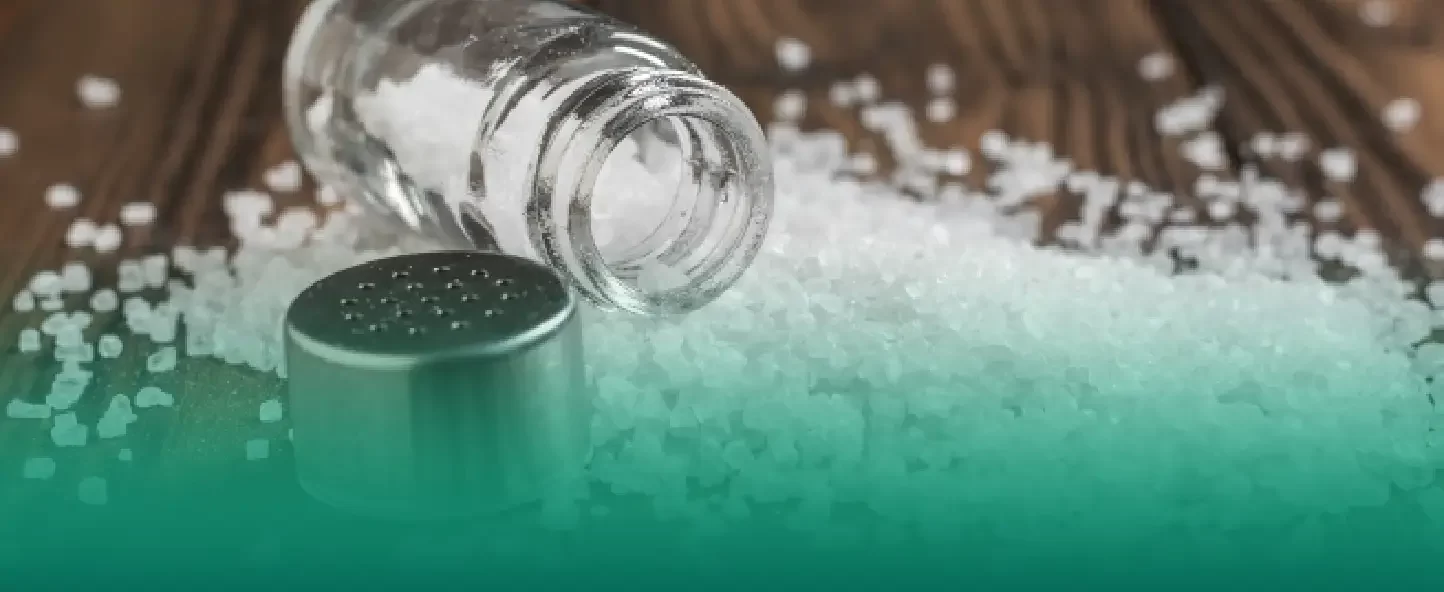Myth: Salt is white death
One of the most common myths in medicine concerns salt consumption and its harm to health. However, in reality, only a few dishes can actually pose a danger due to excess salt. Throughout the world, cases where a person needs to limit salt intake due to illness are rare exceptions.
Eliminating salt from your diet completely can lead to sodium deficiency, which can cause headaches, muscle weakness, cramps, nausea, loss of appetite, indigestion, low blood pressure and frequent dizziness. Salt plays a key role in regulating fluid balance in the body, helps thin the blood and lymph, and remove carbon dioxide.
Its importance is especially important for controlling blood pressure, and excess salt is often associated with an increase in blood pressure. Therefore, it is important to maintain moderation in salt intake to avoid both deficiency and excess of this important element.
According to a study published in the journal Open Heart, sugar intake has a greater impact on the risk of hypertension and cardiovascular disease than salt intake.
This study highlights the importance of limiting dietary sugar intake to maintain cardiovascular health.
Myth: Adding iodized salt to food is healthier than regular salt
Approximately 30% of the world’s population faces iodine deficiency.
The body is not able to synthesize iodine on its own, but this element is vital for maintaining health, especially for the proper functioning of the thyroid gland. Lack of iodine can lead to various diseases such as hypothyroidism, where the thyroid gland does not produce enough hormones.
Many countries around the world have successfully implemented a policy of general salt iodization, which significantly reduces the level of iodine deficiency in the body.
In Russia, it is mandatory to use iodized salt when preparing food in children’s institutions, such as schools, kindergartens and children’s hospitals, in order to provide children with enough iodine for health and normal development.
The amount of iodine in salt-derived foods does not affect the taste, color, or texture of those foods. Sea salt, although considered a natural source of minerals, is actually low in iodine.
For most people, iodine overdose is virtually impossible, but when preparing for radiation treatment for thyroid cancer, a low-iodine diet becomes the recommended approach.






